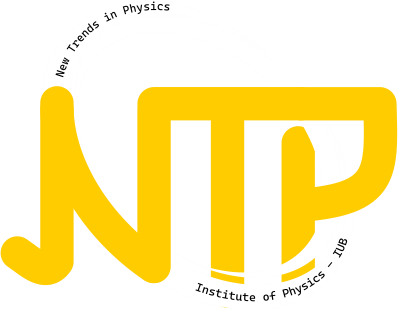Ethical policy
Ethics and Malpractice Policy
Pakistan Journal of Physical and Mathematical Sciences (PJPMS) observes thorough ethical guidelines for distributing articles. PJPMS ethics and misbehavior explanation is conceptualized on Committee on Publication Ethics (COPE) rules. Authors (s) are exclusively answerable for the creativity and unwavering quality of the exploration results and should go along adhering to guidelines.
- Authors of unique exploration should introduce an exact record of the work performed and the outcomes, trailed by an objective conversation of the meaning of the work.
- The original copy ought to contain adequate detail and references to allow others to repeat the work.
- False or purposely incorrect proclamations comprise the dishonest way of behaving and are unsuitable.
- Authors might be approached to give the raw information of their study along with the original copy for a publication review and ought to be ready to make the information openly accessible if practicable, given that the secrecy of the members can be safeguarded and lawful rites concerning exclusive information don't block their delivery.
- Research data and results of the study will be given provided that they are genuine and solid.
- Writers ought to guarantee that they have submitted unique work, and assuming they have utilized the work or potentially expressions of others, that this has been properly cited.
- Publications that have been persuasive in deciding the idea of the work announced in the manuscript ought to likewise be cited.
- Various forms of plagiarism such as, "passing off" one more's paper as the author's own, replicating or rewording significant pieces of another's paper (without attribution), to guarantee results from research directed by others. Literary theft in the entirety of its structures establishes dishonest distributing conduct and is inadmissible.
- The contribution of different works will be recognized and alluded to aptly. Information sources and supporting proof should be cited precisely in the text and references segment.
- Findings of featured research issues should be unique.
- Any original copy will not be submitted if it is as of now published or submitted in another Journal. Accommodation of a manuscript simultaneously to more than one journal is exploitative distributing conduct and inadmissible.
- Just people ought to be recorded as Authors who can assume a sense of ownership with the substance and made a huge role in the origination, plan, execution, data securing, or investigation of the review. They must draft the article or renovated it fundamentally for significant scholarly satisfaction; and
- Have seen and supported the last form of the paper and consented to its contribution to distribution
- All people who made significant commitments to the work announced in the article (like specialized help, composing and altering help, general help) however who don't meet the origin rules should not be recorded as an author, yet ought to be recognized in the "Acknowledgements" area after their composed consent to be named as been acquired.
- The corresponding author ought to guarantee that every coauthor (as indicated by the above definition) and no improper co-Authors are mentioned for the authors' list and confirm that all co-Authors have seen and endorsed the last form of the manuscript and consented to its submission and publication.
- Data got secretly (from the discussion, correspondence, or conversation with outsiders) should not be utilized or detailed without express, composed consent from the source.
- Authors shouldn't utilize data acquired over offering secret types of assistance, for example, refereeing articles or award applications except if they have gotten the unequivocal composed consent of the author(s) of the work associated with these sources.
- There will be no abuse of copyrights in the text, tables, designs, and recipes of the article.
- Authors are obliged to take an interest in the peer-review process and coordinate completely by answering instantly to editors' solicitations for raw information, explanations, and verification of morals endorsement, patient assents, and copyright consents.
- The conclusions communicated in research articles are by the authors that don't recommend the perspectives of the publication board. Hence, no commitment is forced in the PJPMS article group in this unique situation.
Integrity and Reports Dealing
In circumstances of claimed or proved improper conduct, deceptive publication, or plagiarism, the publisher will take all necessary steps to answer the main and rectify the linked article, working along with the editorial. This includes publishing an editor's note, clarifications, or, in the worst-case scenario, withdrawal of the relevant work as soon as possible. The distributor, in collaboration with the editors, must take appropriate measures to identify and eliminate the publication of papers containing research misconduct, and must never promote or knowingly allow such negligence to occur.

 Citation Guide
Citation Guide Submission Guide
Submission Guide Bibtex Guide
Bibtex Guide
